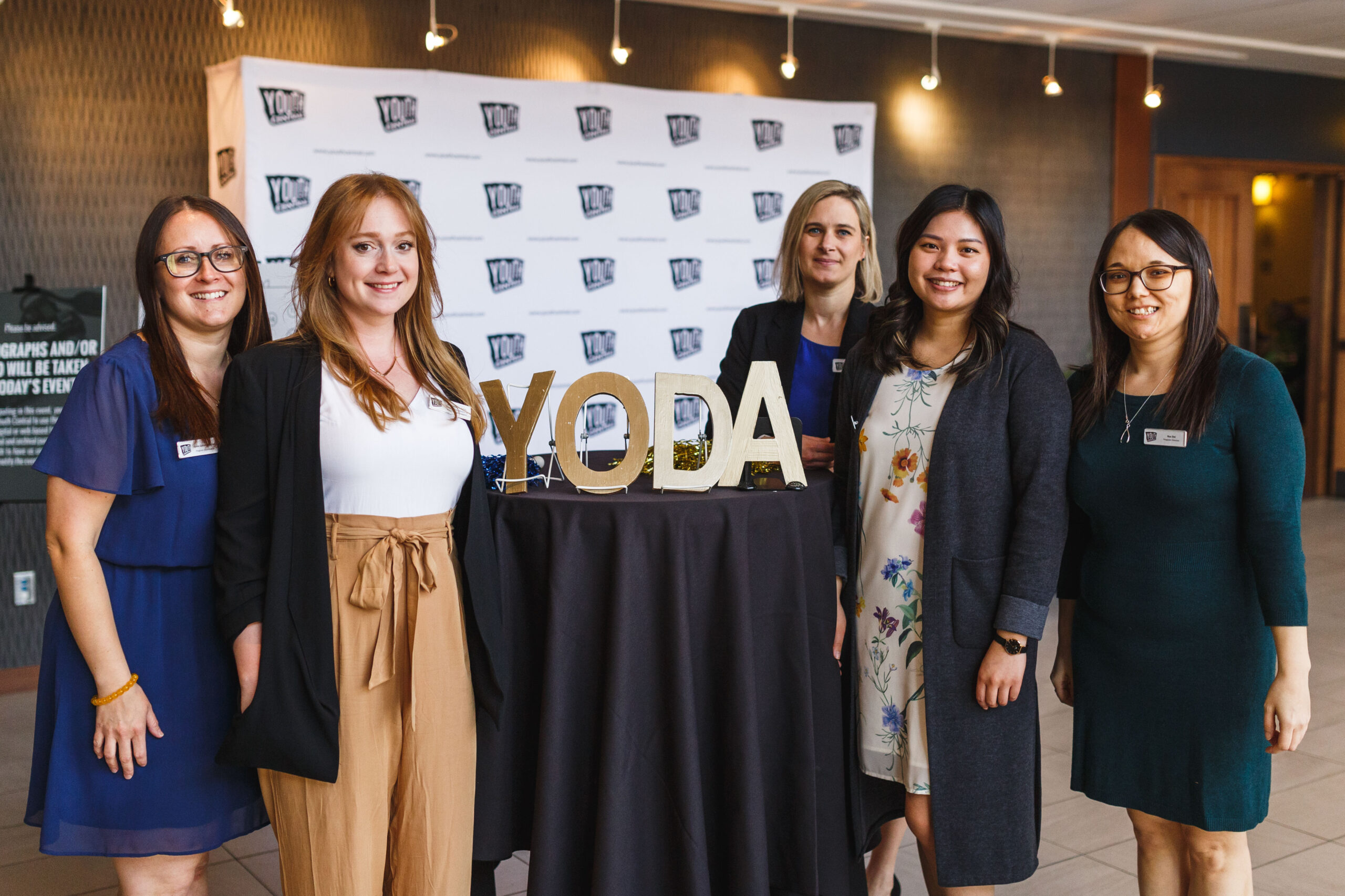With over 600 volunteer opportunities and 8 full-time programs, Youth Central has risen exponentially in its influence over Calgary’s youth since it was founded in 1992. Today, it is one of Calgary’s leaders in providing team-based volunteer opportunities for youth. By incorporating team building and reflection activities, Youth Central provides a unique experience for youth to not only volunteer, but to be active participants in learning about their communities and about societal issues.
In the heart of downtown Calgary lies the Youth Central Office; the Kahanoff Center – a hub for many of the nonprofit organizations in Calgary. One busy Monday afternoon at the office overlooking the Calgary skyline, Ros Doi, program director at Youth Central, relays her experience working in the nonprofit industry. The following are excerpts from conversations with Ros, edited and paraphrased for clarity.
What was your upbringing like and how does it influence your work today?
So I grew up in a small town, like really small, called Spirit River in northern Alberta. Our town was so small that everyone kind of grew up knowing each other, which formed a really tight knit community. I also really enjoyed highschool, but because our town was so small, I never really had many volunteer or extracurricular opportunities. So, coming here for university and being able to offer these opportunities for youth has been especially rewarding.
What motivated you to work for Youth Central?
So originally I moved here for university. I went to school for business, hated it, switched to sociology with a minor in business which I found much more rewarding. I think generally what pulled me to it was that I enjoy people and working with people. So I took a summer job at a youth program and eventually ended up as a receptionist here at Youth Central, got a bunch of promotions and now I’m the program director. In my experience, I never had a lot of volunteer opportunities as I mentioned before, so getting to work with and mentor youth is my favourite part of the job and it’s something I love. The best part of my job is getting to work with youth afterschool and in the office, and it definitely beats sitting at a desk all day.
In a perfect society, do you think nonprofit organizations would exist?
That’s an interesting question, but I think it depends on the organization. Some services and programs like Calgary’s plan to end homelessness will likely never be fully realized under our current organization of society, and when the goals are bigger it can be hard to see an impact regularly, or the goal is too ambitious to be feasible. Organizations like Youth Central will always be around because their goal is to empower generations of youth and that’s something that doesn’t necessarily have an end date because its focus is on uplifting the community.
How does a capitalist framework benefit or inhibit your work in community aid?
I think one of the biggest challenges we face in this regard is the mindset that charities don’t need to pay their staff, some people who donate to charity don’t see the value in their funds going towards staff time and therefore don’t see community aid as valuable labour because you it’s mutual aid, which is against capitalist systems and the idea of ‘pulling yourself up by the bootstraps’. I think people also expect these problems to be able to solve themselves. Elements of overhead and mission support are often overlooked or disrespected in regards to nonprofits because some people don’t value those items for charities.
What sort of limits do societal stigmas place on charities that inhibit your work?
I think there’s a lot of stigma around who charities benefit as well, this includes the stigma around those who are unhoused, require mental health resources, indigenous peoples or marginalized groups that are perhaps overlooked by society. I think the biggest issue with that is that some people don’t think these groups are deserving of quality aid and resources, or even help at all, when in fact these circumstances are often caused by society itself.


